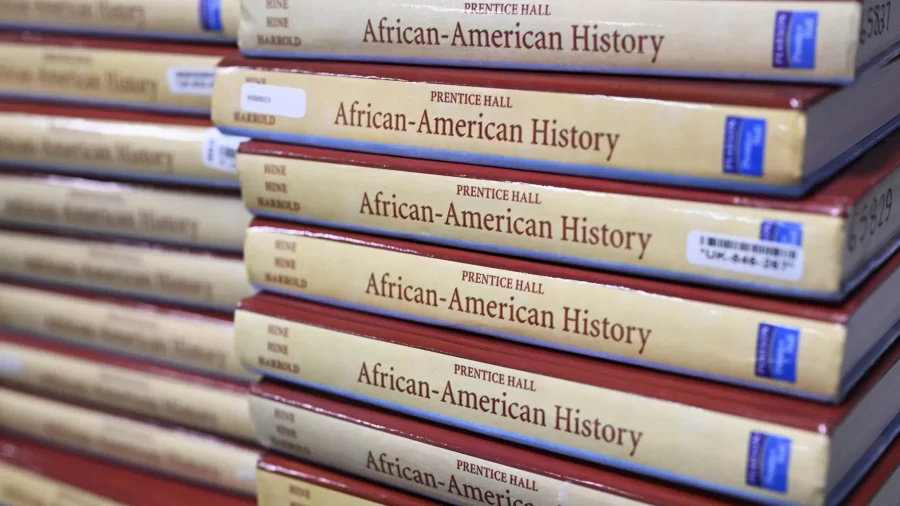A 1600 point scale is the iron fist that will make or break hundreds of thousands of high seniors’ futures. The SAT is a pointless, difficult test used as a ploy by billionaires to gain more money into their already filled pockets. However, thanks to the pandemic, fewer and fewer schools are requiring SAT scores, and with this rapid decline, it’s time to abolish the use of the SAT for college acceptance altogether.
The work that someone exhibits on the SAT might not be an accurate representation of the student’s full comprehensive abilities. Some don’t exceed at filling out a scantron as much as others do. One student may struggle in calculus equations but be exceptional at writing essays while another student may have trouble revising and editing but be a master at algebra. None of those talents are reflected in the scores they receive; everything is totaled together regardless of the students’ specific capabilities. To combat this issue, students should be given the option to submit a portfolio consisting of past projects, essays, or other test results to show how well they exceed in the classroom rather than attempting a tedious, time-consuming exam.
The SAT is organized by the College Board, a $1.6 billion corporation. In order to take the test, a fee of $55 is required, or $60 for the ACT. For some, that is an exorbitant amount, and some students don’t have the luxury of their parents paying the fee. Instead, they have to conjure up the money on their own. In the end, the College Board does not care whether a student passes or fails or gets into a good college, as long as it is profiting off students.
Additionally, the test is purposely designed to trip students up, making a decent score all the more difficult to achieve. In SAT prep classes, instructors don’t teach the material on the test; they teach how to know what answers the test is looking for. The exam is not designed to test knowledge of what one has learned; it is designed to see if one knows how to infiltrate the complex trickery of the College Board.
Some argue that the SAT is helpful in guiding the path to a student’s future. It allows a student to see which schools he is more likely to get into, what scholarships he might qualify for, or even have colleges reach out to him. This could become incredibly discouraging to students who may not excel in standardized testing, having to base their whole future off a test score. It would be much more beneficial to students if they were able to submit their own individual work, what they feel reflects them best as a student, for colleges and scholarship committees to evaluate. This way, every students’ strengths and weaknesses in all fields could be shown instead of the select areas given on the SAT and how well a student can bubble in the correct answer.
A 1000 or a 1500 should not define the academic future of a student. Every year high school students dread the thought of the SAT and how if they don’t exceed, their college dreams might as well be out the window. Many colleges and universities are eliminating their requirements of SAT or ACT scores, but it’s time to remove the requirement completely. No student should be defined by a test score. They should be recognized for their talents, evaluated on their strengths, and commended for attempting to perfect their weaknesses, none of which can be evaluated from the results of a Scantron.


















